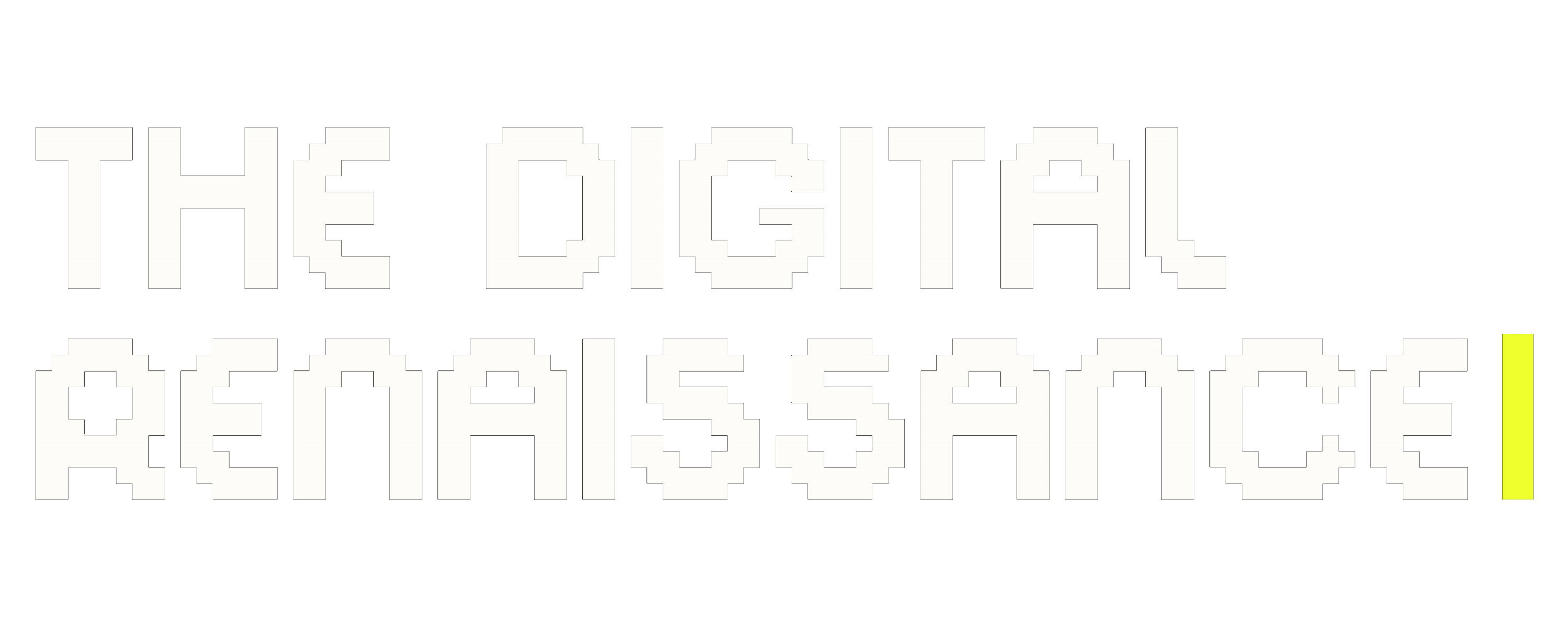The Shape of Things to Come: How AI Is Already Changing Society
EMERGING TECH & INNOVATION
When we think of artificial intelligence (AI), it’s tempting to imagine a distant, futuristic world of sentient robots or the utopia—or dystopia—portrayed in science fiction. Yet, the reality is much more immediate. AI is not a vision of tomorrow; it is the engine quietly reshaping society today.
From the art we consume to the way we work, shop, and connect, AI has permeated nearly every aspect of modern life. The question is no longer, "What will AI do?" but rather, "What is AI doing?"
Redefining Creativity: The Rise of Machine Co-Creation
The arts have always been seen as uniquely human, a sphere where emotion, experience, and intuition reign. Yet AI has entered this sacred domain, not as a usurper but as a collaborator. Platforms like OpenAI’s DALL-E and ChatGPT, as well as Google's MusicLM, enable creators to generate stunning visual art, music, and even entire novels with just a few prompts.
This isn’t just about efficiency; it’s about expanding the boundaries of creativity. Musicians are experimenting with AI-generated compositions, while visual artists use tools like MidJourney to iterate on concepts they couldn’t imagine before. The late composer David Bowie once said, “Art is, seriously, the only thing we have that can bring meaning to this world.” In this new era, AI acts as a partner, allowing us to explore dimensions of meaning beyond human constraints.
But this transformation isn’t without controversy. Critics question whether AI-generated art can possess "authenticity" or "soul," and some argue that reliance on algorithms risks homogenizing creativity. Can an AI that learns from pre-existing works truly innovate, or is it simply remixing the past?
The Future of Work: Automation and Augmentation
AI is revolutionizing the workplace, from automating repetitive tasks to augmenting human decision-making. Customer service chatbots powered by natural language processing handle millions of inquiries daily, freeing up human agents for complex interactions. In healthcare, AI-driven tools like IBM Watson assist doctors in diagnosing diseases with astonishing accuracy, while supply chains are being streamlined through predictive algorithms.
Yet, this shift raises critical questions about the future of jobs. A 2023 study by McKinsey found that nearly 25% of the global workforce could be displaced by automation by 2030. Entire industries—retail, transportation, and manufacturing—face seismic changes as AI takes over roles once considered irreplaceable.
The challenge lies in redefining work itself. Rather than replacing humans, the most promising AI applications augment human capabilities. This collaborative approach could create new opportunities, from data analysts interpreting AI-driven insights to educators leveraging adaptive learning tools to teach more effectively.
Smarter Cities, Safer Communities
AI’s potential to enhance our quality of life is most evident in its integration into urban spaces. Smart cities are becoming a reality, with AI managing everything from traffic flow to energy consumption. For example, cities like Singapore and Barcelona have implemented AI to optimize public transportation and reduce carbon footprints, creating cleaner, more efficient urban environments.
In public safety, AI is being used to predict and prevent crime. Predictive policing tools analyze patterns in criminal activity, allowing law enforcement to allocate resources more effectively. While these advancements promise safer communities, they also raise serious ethical concerns about surveillance, privacy, and bias. The use of AI in policing has faced criticism for reinforcing systemic discrimination, highlighting the urgent need for transparency and accountability in its deployment.
AI and the Democratization of Knowledge
Education is undergoing a quiet revolution, thanks to AI. Adaptive learning platforms, like Khan Academy's AI tutor or Duolingo’s language-learning algorithms, personalize instruction based on individual needs. This democratization of knowledge has the potential to bridge the digital divide, offering world-class education to remote and underserved communities.
Yet, access remains a critical issue. The same tools that promise equality can exacerbate inequality if they are limited to those with the resources to afford them. Addressing this challenge requires a global commitment to equitable technology access and robust digital literacy programs.
The Ethical Imperative: Navigating the Risks
For all its promise, AI also brings profound risks. The rapid development of generative AI tools has led to the proliferation of deep-fakes, enabling the spread of disinformation and eroding trust in digital media. Privacy concerns abound as AI-driven systems collect and analyze vast amounts of personal data. Meanwhile, the concentration of AI power in the hands of a few corporations raises alarms about monopolization and unchecked influence.
To navigate these challenges, we must ask fundamental questions: Who controls AI? Who benefits from its deployment? And how do we ensure its use aligns with shared human values? Ethical AI development requires global collaboration, clear regulations, and diverse voices shaping the conversation.
The Digital Renaissance: A New Dawn
The parallels between today’s AI revolution and the historical Renaissance are striking. Just as the printing press democratized knowledge and challenged existing power structures, AI is enabling a new era of creativity, connection, and commerce. But like the Renaissance, this transformation comes with disruption and uncertainty.
We stand at a crossroads, with the opportunity to harness AI’s potential for the greater good—or to let it deepen existing inequalities. The choice is ours.
In this moment of profound change, one thing is clear: AI is not just a tool; it is a mirror reflecting our aspirations, fears, and values. How we choose to wield it will define the shape of our world for generations to come.
